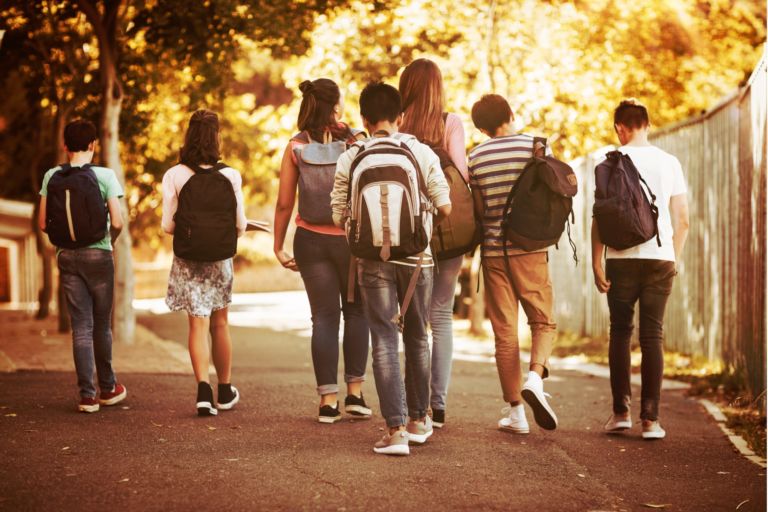The idea of race-blind justice isn’t very popular these days, but Judge James C. Ho made a compelling case for it in recent testimony before the U.S. House Judiciary Committee. Judge Ho was appointed to the U.S. Court of Appeals for the Fifth Circuit by Donald Trump in 2017, and he’s been shaking things up ever since. His testimony was no exception. It’s well worth reading in full, but here are some excerpts:
Equality of opportunity is fundamental to who we are, and to who we aspire to be, as a nation. To my mind, that means two things: It means we must do everything we can to ensure that everyone truly has the opportunity to succeed. And it means we must never bend the rules to favor anyone. Dr. King had it right: Choose people based on who they are—not what they look like.
Let me begin by explaining how I began. I came to America from Taiwan at a very young age. Most kids grow up learning English from their parents. I grew up learning English from a bunch of puppets, from a place called Sesame Street. … I remember racial slurs and jokes on the playground and on the football field.
But I also learned that, if you work hard and prove yourself, you can find your place in America.
Equality of opportunity is not something to be passive about—it’s something we should be passionate about. We must make sure that everyone has the opportunity to learn and to succeed, so that win, lose, or draw, at least you got a chance—no matter who you are. …
But here’s the kicker: Once everyone has had full and fair opportunity to be considered, you pick on the merits. Both the Constitution and the Civil Rights Act make clear that it is wrong to hire people based on race. …
It is true that I am the only Asian American on my court. I’m also the only immigrant on my court.
But I would never suggest that a wise Asian would, more often than not, reach a better conclusion than a white judge. That would be antithetical to our legal system, and poisonous to civil society. No one should ever assume that I’m more likely to favor Asians or immigrants or anyone else—or that my colleagues are less likely to. Everyone should win or lose based on the law—period. That’s why Lady Justice wears a blindfold. That’s why judges wear black robes.
I don’t say this because I think race is no longer an issue in our country. I’ve received racist hate mail and racially disparaging remarks because of positions I’ve taken in my career. I’ve been treated differently because of who I’m married to. And I also remember, back in high school, my college admissions adviser telling me that my grades, SAT scores, and activities were all strong enough to get me into my top choice of schools—if I wasn’t Asian.
Now, I’m not saying any of this here to complain. Whatever negative experiences I’ve had, they pale in comparison to my many blessings living in this great country. I was not born an American. But I thank God every day that I will die an American. …
As a judge, I have the honor of presiding over a naturalization ceremony every year, to celebrate my own naturalization thirty-nine years ago. People from all around the world come together in one room, for one purpose—to become an American. And it reminds me that what binds our nation is not a common race, or religion, or philosophical point of view. What unites us is not a common past, but a common hope for the future—a shared love of freedom—and a mutual commitment to the Constitution and to the principle of equality of opportunity. Thank you.
You can watch it here at 34:30. H/T: Josh Blackman at the Volokh Conspiracy.


